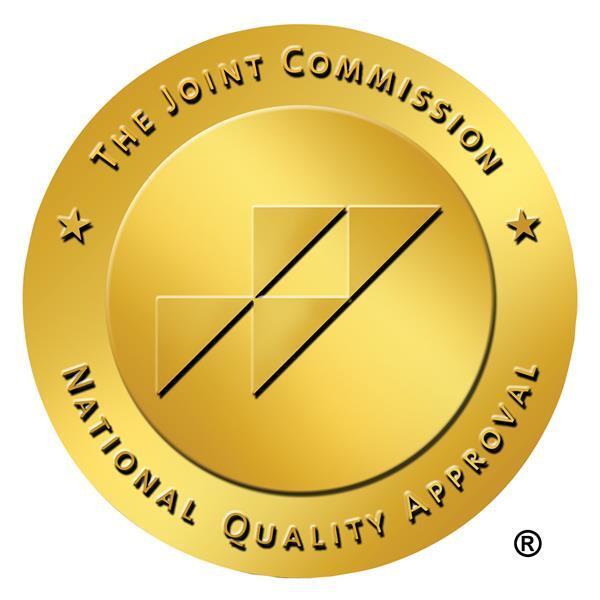Mental Health Service Providers:
Roles and Responsibilities
The Essential Role of Mental Health Service Providers
Mental health service providers are professionals who offer care, support, and treatment to individuals experiencing mental health challenges. These practitioners ensure that each person receives appropriate and personalized care based on their specific needs.
The significance of mental health service providers cannot be overstated. They serve as the frontline in identifying, diagnosing, and treating various mental health conditions, ranging from anxiety and depression to more severe psychiatric disorders.

Our Commitment to Quality Care
At Mind Body Optimization (MBO), we are committed to providing comprehensive mental health services across Texas and Tennessee. Our team of qualified mental health service providers integrates evidence-based practices with a focus on the whole person – mind, body, and spirit.
Overview of Mental Health Service Providers
Psychiatrists
Psychiatrists are medical doctors who specialize in mental health. Their unique qualifications enable them to address both the psychological and physiological aspects of mental health conditions.
- Depression
- Anxiety
- Bipolar disorder
Treatment Modalities That Psychiatrists Use
Medication Management
- Antidepressants
- Antipsychotics
- Mood stabilizers
- Anxiolytics
Psychotherapy
Psychologists
- Providing therapy
- Conducting assessments
- Engaging in research to advance the field of mental health
Therapeutic Approaches Utilized by Psychologists at MBO
Cognitive-Behavioral Therapy (CBT)
CBT is a cornerstone of psychological treatment at MBO. The therapy focuses on identifying and altering negative thought patterns and behaviors. It equips our clients with practical skills to manage symptoms and improve mental well-being.
- Anxiety
- Depression
- Excoriation disorder
- Obsessive-compulsive disorder (OCD)
- Post-traumatic stress disorder (PTSD)
Dialectical Behavior Therapy (DBT)
Dialectical behavior therapy at MBO involves:
- Mindfulness
- Distress tolerance
- Emotional regulation
- Interpersonal effectiveness
Experiential Therapy
Experiential therapy at MBO involves activities that facilitate emotional processing and personal growth.
- Role-playing
- Family sculpting
- Expressive arts
- Guided imagery
Motivational Enhancement Therapy (MET)
What Are Licensed Clinical Social Workers (LCSWs)?
Role of Licensed Clinical Social Workers
Counseling
- Developing coping skills
- Improving self-awareness
- Fostering healthier relationships
Case Management
- Assessing needs
- Developing care plans
- Monitoring progress
Advocacy Services
- Securing resources and social services, like food programs and housing assistance
- Navigating healthcare systems
- Working with community organizations to promote social justice and equality
Community Resources
Support Groups
The Role of Licensed Professional Counselors (LPCs)
The Role of Licensed Professional Counselors at MBO
Individual Therapy
- Identify underlying problems
- Develop coping mechanisms
- Set achievable goals for improvement
Group Therapy
LPCs also can facilitate group therapy sessions. During these sessions, clients with similar issues come together to share experiences and support each other. Group therapy provides a sense of community and mutual support.
Crisis Intervention
- Assess the situation
- Offer urgent counseling
- Ensure that the client receives the necessary follow-up care
Counseling Techniques Used by LPCs
Person-Centered Therapy
- Unconditional positive regard
- Empathy
- Genuineness
Solution-Focused Therapy
- Schema therapy
- Narrative therapy
- Emotion-focused therapy
- Behavioral couple therapy
- Cognitive-behavioral therapy
Specialized Mental Health Service Providers at MBO
Marriage and Family Therapists (MFTs)
Individual Therapy
Couples Therapy
- Resolve conflicts
- Improve communication
- Strengthen their relationship
Family Therapy
This is a core strength of marriage and family therapists. Family therapy involves working with the entire family unit to:
- Improve communication
- Address dysfunctional dynamics
- Foster emotional well-being for all members
Impact on Mental Wellness
- Family history of mental health conditions: Understanding the family’s mental health background can provide valuable insights into potential contributing factors to current challenges.
- Communication patterns: Dysfunctional communication can exacerbate conflict and emotional distress. MFTs help families develop skills to express their needs and listen to each other with empathy.
- Boundaries: Establishing healthy boundaries within the family system is crucial for emotional well-being. MFTs can help families set appropriate boundaries to promote respect and reduce conflict.
Substance Addiction Counselors
These mental health service providers complete specialized training in addiction treatment. They are dedicated to supporting people struggling with substance use disorders (SUD) on their path to recovery.
These counselors provide therapy sessions aimed at helping clients:
- Understand their addiction
- Develop coping strategies
- Build a foundation for long-term sobriety
Relapse Prevention Planning
Substance addiction counselors help our clients develop a relapse prevention plan that identifies potential triggers, coping strategies to manage cravings, and a support network to turn to in challenging times, ensuring they have the necessary tools and support to maintain their recovery journey.
Comprehensive Approach to Mental Health Care at MBO
Collaboration Among Mental Health Service Providers
Incorporation of Comprehensive Modalities
Mindfulness Meditation
Meditation cultivates present-moment awareness and emotional regulation. This promotes stress reduction and improved coping mechanisms.
Music Therapy
- Reducing stress
- Improving mood
- Enhancing communication
Art Therapy
- Self-awareness
- Emotional regulation
- Coping mechanisms
Nutritional Counseling (Coming Soon)

Navigating Mental Health With Professional Support at MBO
Our multidisciplinary team of mental health service providers collaborates to create comprehensive, individualized treatment plans tailored to each client’s unique needs, integrating a range of evidence-based practices to address the mind, body, and spirit.
Together, We Can Pave a Path Worth Following
Our compassionate and client-centered approach ensures that you will receive the care and support needed to navigate your mental health journey effectively. Reach out to MBO today and take the first step towards achieving mental well-being.
Resources
- https://www.statista.com/topics/7814/mental-health-treatment-in-the-us/#statisticChapter
- https://www.forbes.com/health/mind/mental-health-statistics/#footnote_6
- https://www.cdc.gov/nchs/products/databriefs/db419.htm
- https://journalsfp.org/article/90976-research-on-the-solution-focused-approach-in-2022-a-scoping-review






